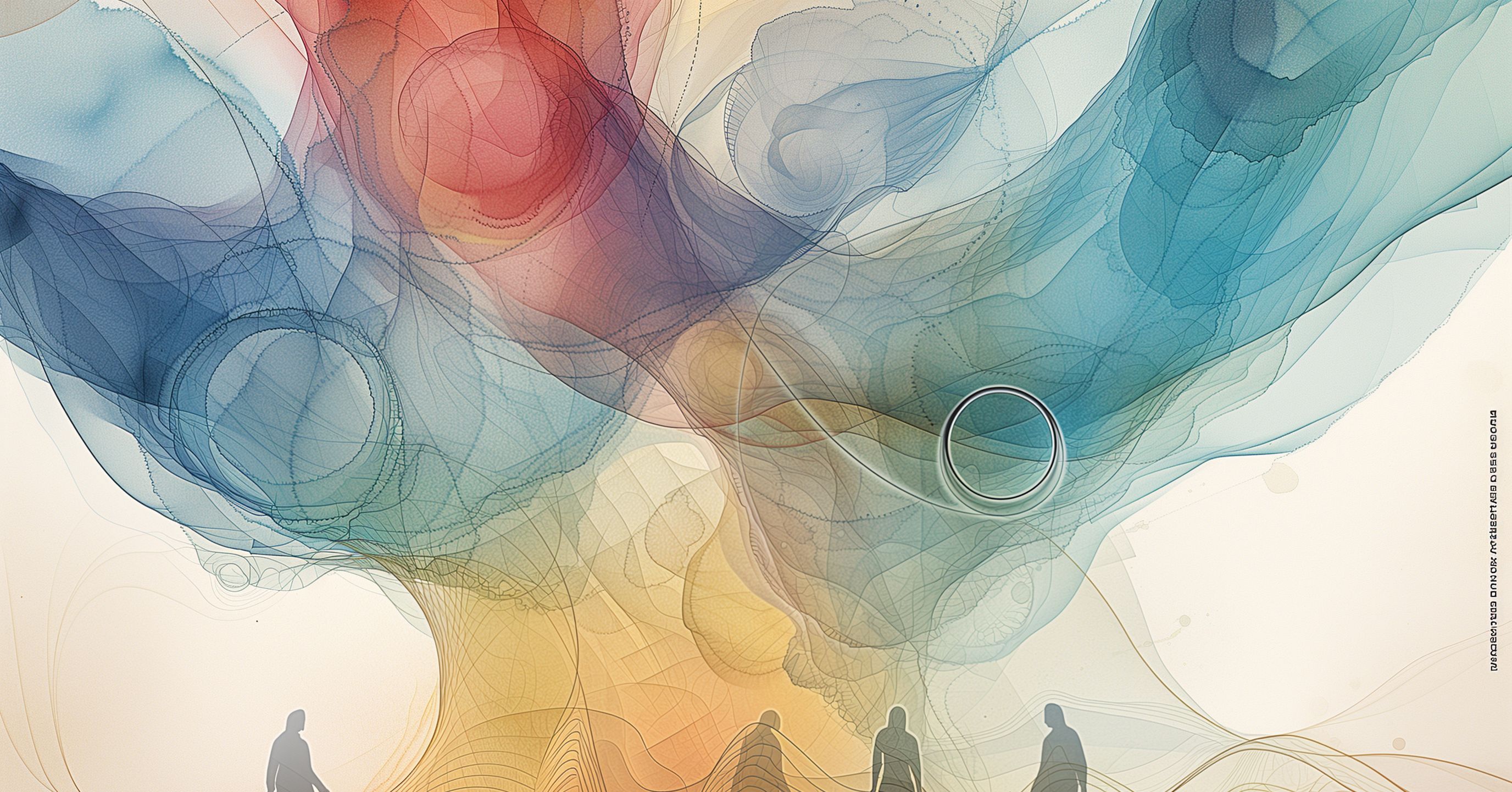And then after those scenes, we get something totally different, we see Shoshanna taking down letters from her cinema marquee, and the young German officer wants to talk about movies. And she's understandably hostile towards him—not just because public costs of being seen friendly a German would be so high, but because of her family no doubt. This is a different man, in a different uniform, in an army where every military-aged man in Germany has been conscripted. And on the one hand she's right to treat him this way, because this man would commit atrocity at the direction of his superior officer, would gun down a family like her own. And on the other hand she's wrong to, because so would his French soldier or American equivalent, so would her brothers so would she, in the same darkness. The color of the uniform is nearly beside the point when the evil is anthropologically universal. People in dark realities succumb to darkness. The only thing you can do, if you want to stay a human being is cultivate some kind of light or value beyond the darkness, something that's outside the violence, which is why this scene is nearly as sad as the two which come before it: that she cannot not cross national lines or acknowledge his humanity, that he wants to talk cinema and she cannot let him, that she refuses to give him any light, as punishment, so that darkness is his only parent.




